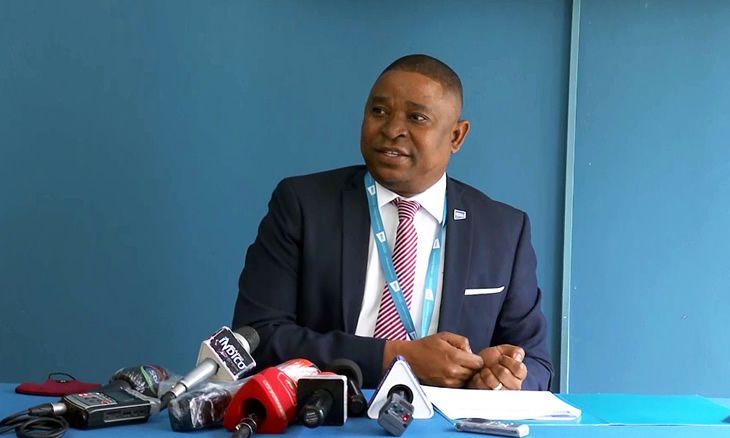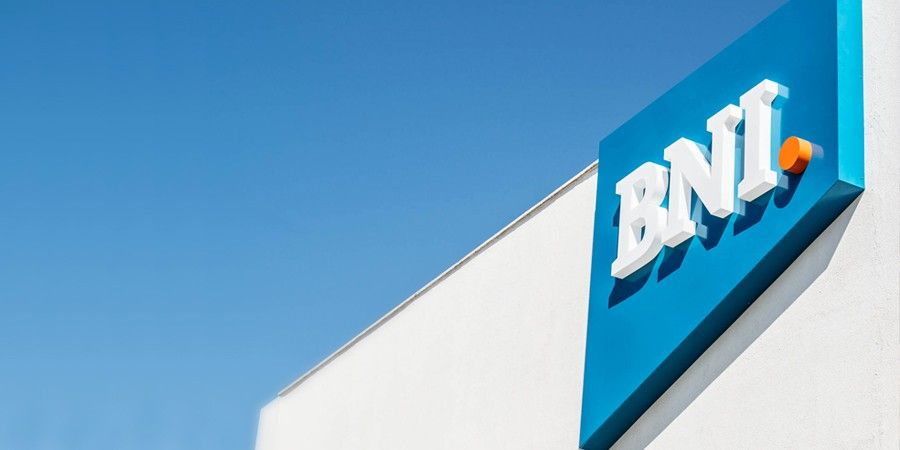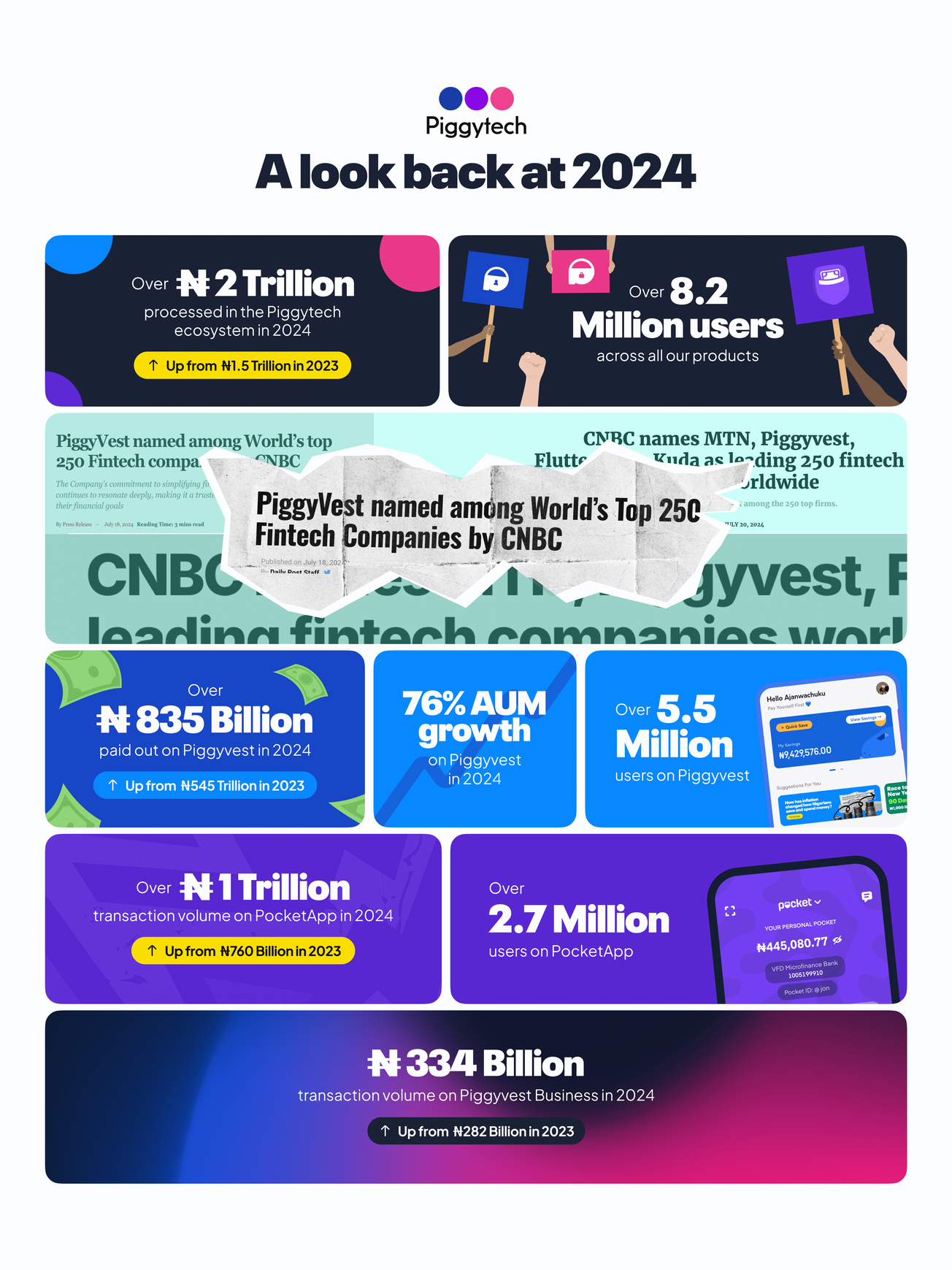Mozambique's National Investment Bank (BNI) announced on Monday that it has received over 900 proposals for funds from a line of credit launched on 1 July to help companies cope with the impact of the Covid-19 pandemic.
The total available from this line of credit is 1.6 billion meticais (about 22 million US dollars). But the companies submitting proposals are requesting 10 billion meticais - 225 per cent more than what is available.
The chairperson of the BNI Executive Commission, Tomas Matola, speaking at a Monday press conference in Maputo said that the BNI head office had received 925 proposals, and by the end of the day (the last day for submitting proposals) the total could reach over 1,000.

37 per cent of the projects submitted were for the trade sector, including agricultural marketing. 10 per cent of the proposals were for the hotel and tourism industry, eight per cent for construction and public works, seven per cent for the food industry, seven per cent for education, six per cent for transport and communications, and four per cent for farming.
So far 225 of the proposals have been analysed, Matola said, but only 100 have been approved. The BNI has already started to disburse the funds requested. Over 50 per cent has been made available so far. Matola said much is in the hands of the proponents, who must submit the required documentation to obtain access to the funds.
Several proposals were rejected because they did not meet the eligibility criteria. The line of credit is intended for micro, small and medium companies - but some of the applicants fall into the category of large companies.
Others were rejected for financial reasons - some were technically bankrupt well before the pandemic struck. Some were not repaying previous loans from commercial banks, and some had unpaid taxes, and debts to the National Social Security Institute (INSS).
Some projects were rejected because they had nothing to do with the impact of Covid-19, or because the companies were trying to finance new activities unconnected with their operations prior to the pandemic.
The BNI rejected some proposals because they did not meet economic and financial viability criteria - that is, they did not show how they would repay the loan from the BNI. Others did not meet social viability criteria - they did not show what social impact a loan would have on, for example, the creation of new jobs.
Matola said the BNI is working with some partners (whom he did not name) in order to increase the sums to be disbursed through the line of credit. He was optimistic that the BNI would succeed, but did not say how much extra funding he expected.
The lines of credit have two goals. One is to allow companies to meet short term needs, such as paying wages and purchasing raw materials. This measure is intended to prevent the closure of companies or mass redundancies. Loans for these purposes carry an interest rate of seven per cent.
The second goal is investment over the medium term, allowing companies to expand their business and employ more workers. Loans from this part of the credit line bear a lower interest rate (five per cent), and a repayment period of five years.
For their short term needs, micro-companies may request loans of up to 2.5 million meticais. The limits for small and medium companies are 7.5 and 15 million meticais respectively. As for investment, the micro-companies may request up to 7.5 million meticais, small companies up to 22 million, and medium companies up to 45 million.
Mozambique In Focus:
Population: 30.06 million (Compared to South Africa's 59.6 million)
GDP: $15.372 billion (Compared to South Africa's $369.85 billion)
GDP Per Capita: $493 (Compared to South Africa's $6,193)









